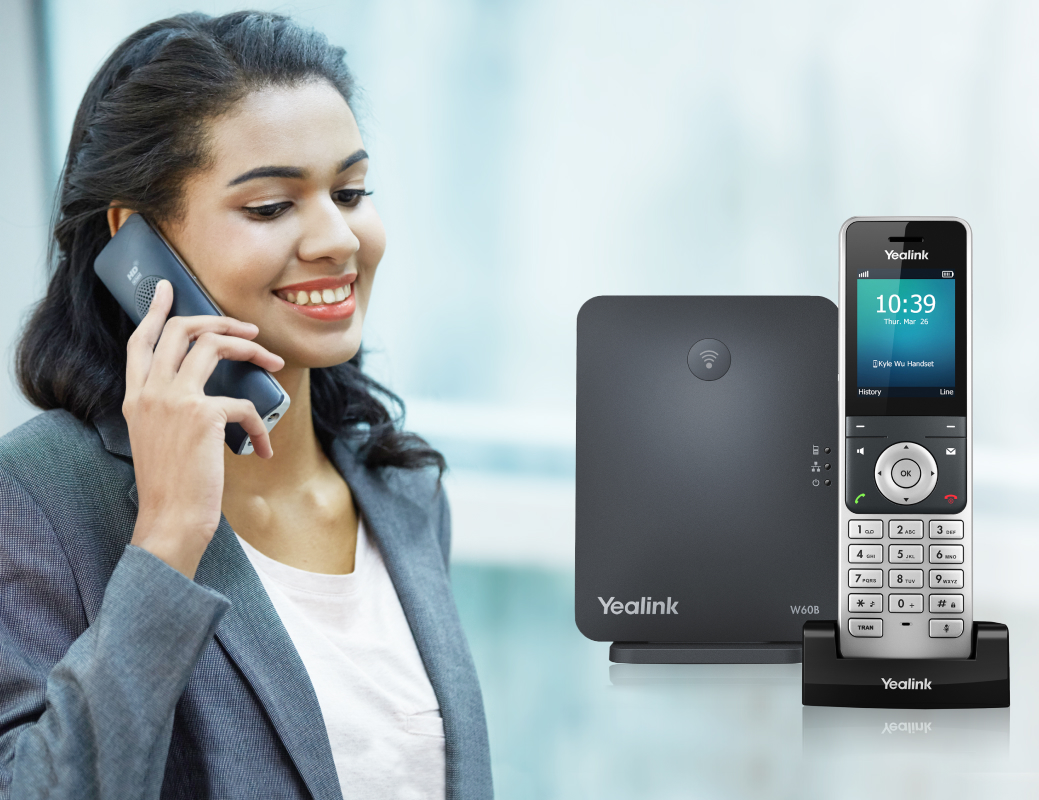Introduction
In an increasingly interconnected world, traditional communication methods are being challenged by innovative technologies. Voice over Internet Protocol (VoIP) is one such technology that’s transforming the landscape of business communications. As organizations globally adopt a more digital approach, the cultural shift towards using a VoIP Phone System has become not just beneficial but essential.
The rise of remote work and global collaboration has made it imperative for businesses to streamline their communication processes. This article delves into how organizations adapt to this change, exploring the technological, cultural, and economic implications of transitioning to VoIP Phone Systems.
Adapting to Change: The Cultural Shift Towards Using a Voice Over IP System
As we delve deeper into this topic, it’s pivotal to understand what VoIP entails. VoIP converts voice signals into digital data that is transmitted over the internet. https://reidtcep006.weebly.com/blog/dissecting-telephony-costs-how-does-your-current-system-compare This technology bypasses traditional phone lines, offering significant advantages in cost and functionality.
Understanding VoIP Technology
What is VoIP?
At its core, Voice over Internet Protocol (VoIP) allows users to make voice calls using the internet instead of traditional telephone lines. It works by digitizing your voice and sending it as packets through the internet.
How Does VoIP Work?
Signal Conversion: When you speak into a VoIP phone, your voice is converted into digital data. Data Transmission: This data is then broken down into packets and sent across the internet. Reconstruction: Upon reaching the recipient's device, these packets are reassembled into sound.Benefits of Implementing a VoIP Phone System
Cost Efficiency
One of the leading reasons companies are flocking to VoIP systems is cost savings. Traditional phone services can be expensive due to installation fees and long-distance charges.
- Lower Costs: VoIP services often come at a fraction of the cost. Elimination of Long-Distance Fees: Calls made over the internet typically don't incur long-distance charges.
Enhanced Features
VoIP phone systems offer various features that enhance communication:

- Video conferencing Call forwarding Voicemail to email transcription Advanced call analytics
Cultural Impact of Switching to VoIP
Changing Workplace Dynamics
The adoption of a VoIP phone system has significantly changed workplace dynamics:
- Increased collaboration among teams Greater flexibility for remote work Improved response times in customer service
Employee Adaptability
Transitioning to new technology requires employees to adapt:

- Training sessions on using new systems Encouraging feedback to refine processes Creating a culture open to technological change
Challenges in Adopting VoIP
Despite its advantages, adopting a VoIP Phone System can come with challenges.
Internet Dependence
A strong and reliable internet connection is crucial for effective communication. Any lag or downtime can severely impact productivity.
Security Concerns
With any online service comes concerns about security:

- Data breaches can compromise sensitive information. Organizations need robust cybersecurity measures in place.
The Future of Communication with VoIP Technology
As we look forward, it’s clear that VoIP will play an integral role in shaping future communications:
Integration with Other Technologies
The integration of AI and machine learning with VoIP systems could lead to smarter communication tools, streamlining processes even further.
FAQs About Voice Over IP Systems
What are the main advantages of using a VoIP phone system?- The primary advantages include cost savings, advanced features like video conferencing, ease of use, and scalability.
- Yes! A stable and fast internet connection is crucial for high-quality calls without interruptions.
- While initial costs may be low, businesses should be aware of potential fees for additional features or international calling rates.
- While they offer many benefits, security depends on proper implementation; encryption and firewalls are essential for protecting sensitive data.
- Many existing phones can be adapted for use with VoIP through adapters or by using dedicated VoIP phones.
- Consider factors such as pricing structure, customer support availability, feature set offered, and user reviews when selecting a provider.
Conclusion
In summary, adapting to change through embracing technologies such as Voice over Internet Protocol (VoIP) is no longer optional—it's essential for modern businesses seeking efficiency and connectivity in today's fast-paced world. The cultural shift towards utilizing a VoIP Phone System signifies not just an upgrade in technology but also reflects evolving workplace dynamics and expectations from both employers and employees alike.
Organizations that recognize this shift will find themselves better equipped to navigate challenges while maximizing opportunities afforded by this remarkable technology. By investing in training programs and fostering a culture of adaptability, companies will not only improve their internal communications but also enhance overall performance in an ever-changing global market.
The journey toward adopting a new communication strategy may pose challenges but offers significant rewards that can redefine how businesses operate at every level. Embrace change today—your team will thank you tomorrow!